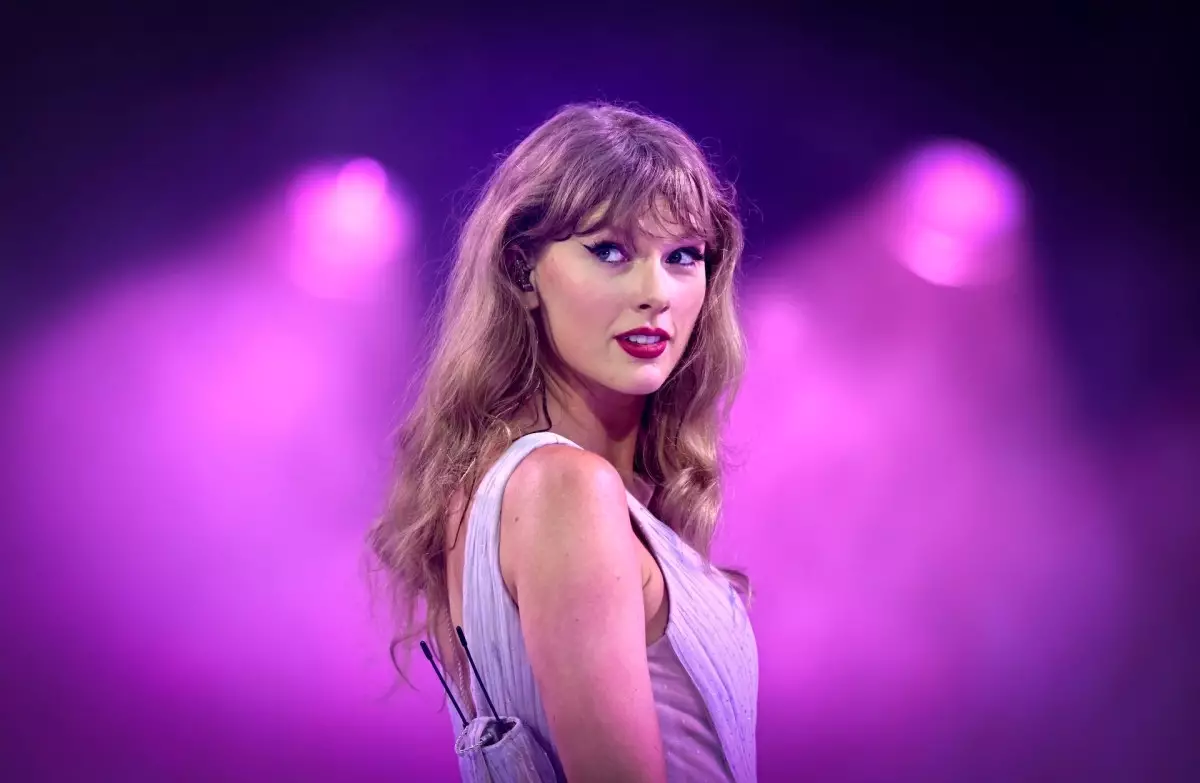Following a heated presidential debate where unusual topics like eating pets were discussed, pop icon Taylor Swift made a significant announcement on Instagram. Known for her immense influence in American pop culture, Swift declared her support for Kamala Harris in the upcoming presidential election. This endorsement holds substantial weight, as Swift has the power to motivate thousands of Americans to register to vote with a single post. However, what made her announcement even more noteworthy was her mention of AI deepfakes.
In her Instagram post, Swift revealed that she was a victim of AI deepfakery, where a video was created to make it seem like she was endorsing Donald Trump, a candidate she does not support. This personal experience added a new layer to her statement, showcasing the dangers of AI manipulation and misinformation. According to Linda Bloss-Baum, a professor at American University, Swift’s narrative offered a unique perspective on the election and the tactics used by candidates.
Celebrities, such as Taylor Swift, are especially susceptible to deepfake technology due to the abundance of digital content featuring them. With advanced AI capabilities, these fake endorsements can be incredibly convincing, leading to potential misuse and harm. This emerging trend has not gone unnoticed, with even popular shows like “Shark Tank” issuing warnings about imposter scams targeting their audience.
The issue of deepfakes extends beyond entertainment, as seen in the political realm. With the looming presidential election, the concern over AI-generated misinformation has escalated. Despite calls for legislative action, the U.S. currently lacks the regulatory framework to combat this evolving threat effectively. Legislators are grappling with the implications of deepfakes on the democratic process, as these sophisticated manipulations can sway public opinion and deceive voters.
In response to these challenges, there have been discussions about potential legal recourse for individuals, including celebrities like Taylor Swift, who fall victim to deepfake exploitation. Suggestions of using existing laws or advocating for new legislation, such as the NO FAKES Act, have been proposed. The hope is that with appropriate legal measures in place, both consumers and public figures can safeguard themselves against the detrimental impact of deepfake technology.
As the debate around deepfakes continues to evolve, the need for comprehensive regulations becomes increasingly apparent. While AI technology has the potential for positive applications, its misuse in areas like political campaigns raises serious ethical and legal concerns. Moving forward, proactive measures must be taken to address the challenges posed by deepfake manipulation and protect the integrity of elections and public discourse.

